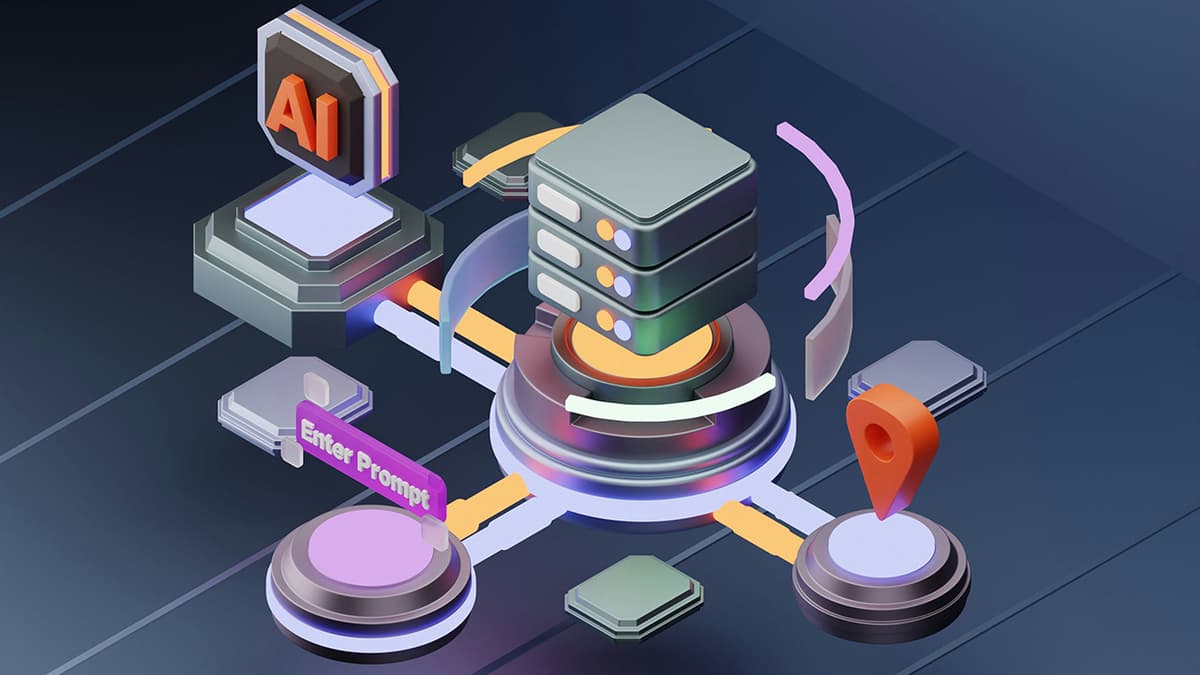Which Industries Use the Cloud the Most?
Cloud infrastructure services support a large part of the modern economy. Several sectors have become major customers due to their specific needs for scale, flexibility, and computing power.
Technology and Internet Services
This sector is the most obvious and significant user of cloud platforms. Countless software companies, from small startups to large enterprises, build their products directly on cloud infrastructure. They use these services for everything from hosting application code and databases to managing user accounts and data. The pay-as-you-go model is particularly attractive for new companies, as it removes the need for large initial investments in physical servers. For established technology firms, the cloud provides the ability to scale resources up or down instantly to handle changes in user traffic, such as during a product launch or a viral event. This industry's reliance on the cloud is foundational to its business operations.
Financial Services
Banks, insurance companies, and investment firms are major cloud customers. They use cloud resources for complex tasks like running risk analysis models, detecting fraudulent transactions, and performing high-frequency trading. These activities require immense processing capacity that can be provisioned on demand. Financial institutions also use the cloud to build and host customer-facing mobile banking applications and websites, providing a reliable and secure experience for users. While these companies often keep their most sensitive core systems in their own data centers, they are increasingly moving other critical workloads to the cloud, drawn by its strong security features and analytical capabilities.
Healthcare and Life Sciences
The healthcare industry has turned to the cloud to manage its vast and growing data needs. Hospitals and research institutions store and analyze patient records, medical images, and genomic sequences. The cloud offers a secure and compliant way to handle this sensitive information while making it accessible to authorized personnel. For pharmaceutical companies and research organizations, the cloud is vital for drug discovery. They can run massive simulations and analyze complex biological data sets, using thousands of cloud servers in parallel to accelerate research. This computational power helps in identifying potential drug candidates much faster than was previously possible.
Media and Entertainment
Streaming services, video game publishers, and broadcasting companies are heavy cloud users. A primary use case is content delivery. When a popular movie or show is released, streaming platforms rely on the cloud's global network to distribute video to millions of viewers simultaneously without interruption. The cloud is also central to the creation of media. Animation studios use vast clusters of cloud servers to render high-resolution graphics for films and games. This process, which can require millions of hours of computing time, is far more efficient in the cloud than on localized hardware. Live event broadcasters use cloud services to encode and distribute real-time video feeds around the world.
Retail and E-commerce
Online retailers depend on cloud infrastructure to run their entire sales platforms. This includes their public websites, inventory management systems, and recommendation engines. The cloud's ability to handle sudden, massive spikes in traffic is critical during sales events like Black Friday, when visitor numbers can multiply in minutes. Retailers also use cloud-based data analytics to understand customer purchasing habits, manage supply chains, and optimize pricing. The data processing tools available on cloud platforms help them make informed decisions to improve logistics and personalize the shopping experience for each customer.
Manufacturing and Industrial Sectors
Companies that build physical products are using the cloud to modernize their operations. A key application is the Internet of Things (IoT), where sensors on factory equipment send performance data to the cloud for analysis. This allows for predictive maintenance, helping to prevent machine failures and reduce downtime. Manufacturers also use cloud computing for complex design and simulation work, creating digital twins of their products and production lines to test and refine them before physical prototyping. This digital approach saves significant time and resources in the product development cycle.
The adoption of cloud infrastructure is widespread, but these industries stand out for their deep integration and heavy reliance. Their needs for data analysis, global scale, and on-demand computing power make them the biggest customers for cloud providers. As technology continues to evolve, their use of these services is only expected to grow.












